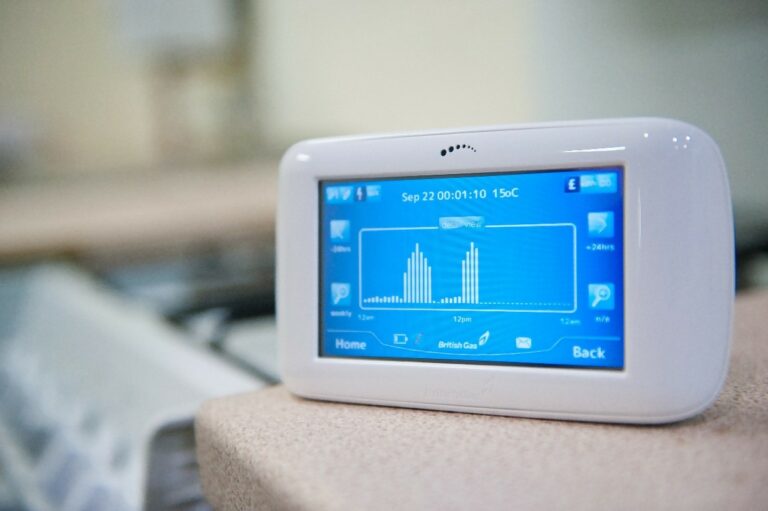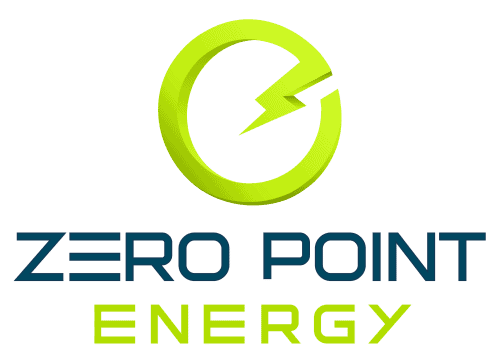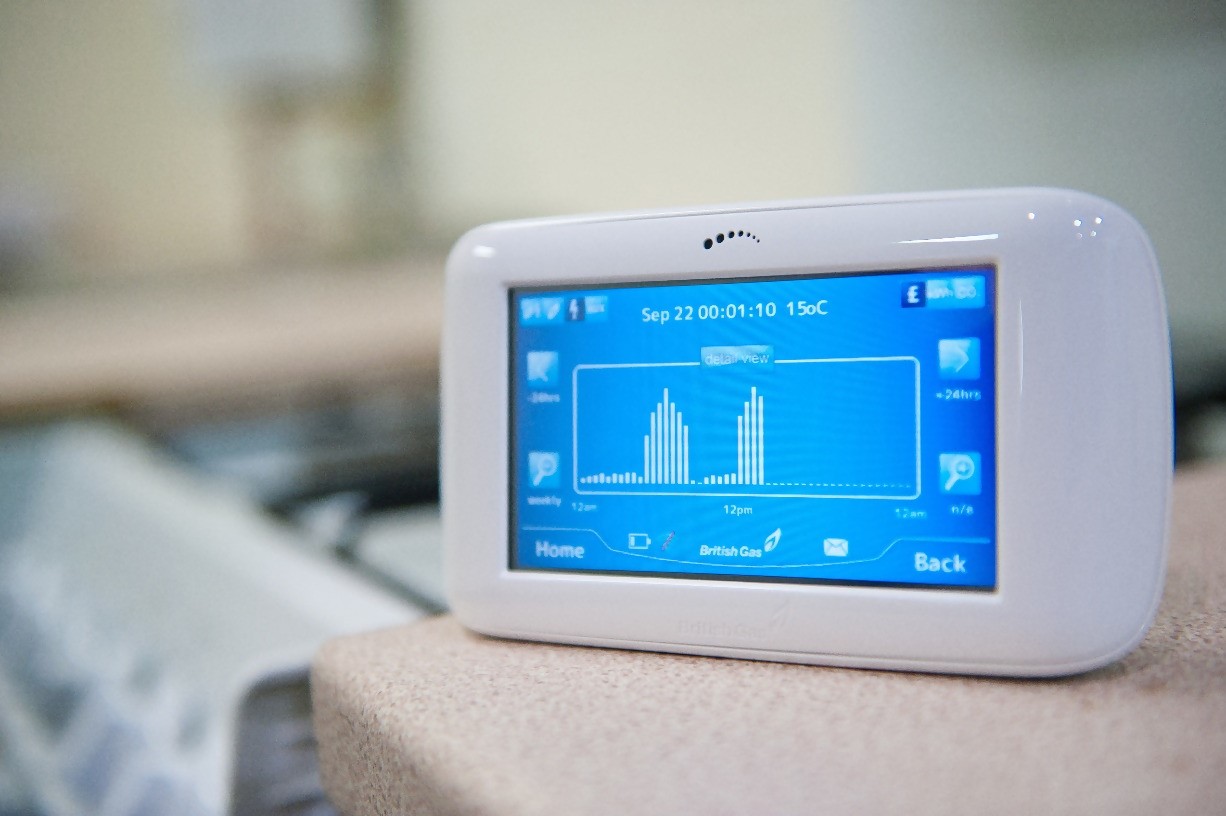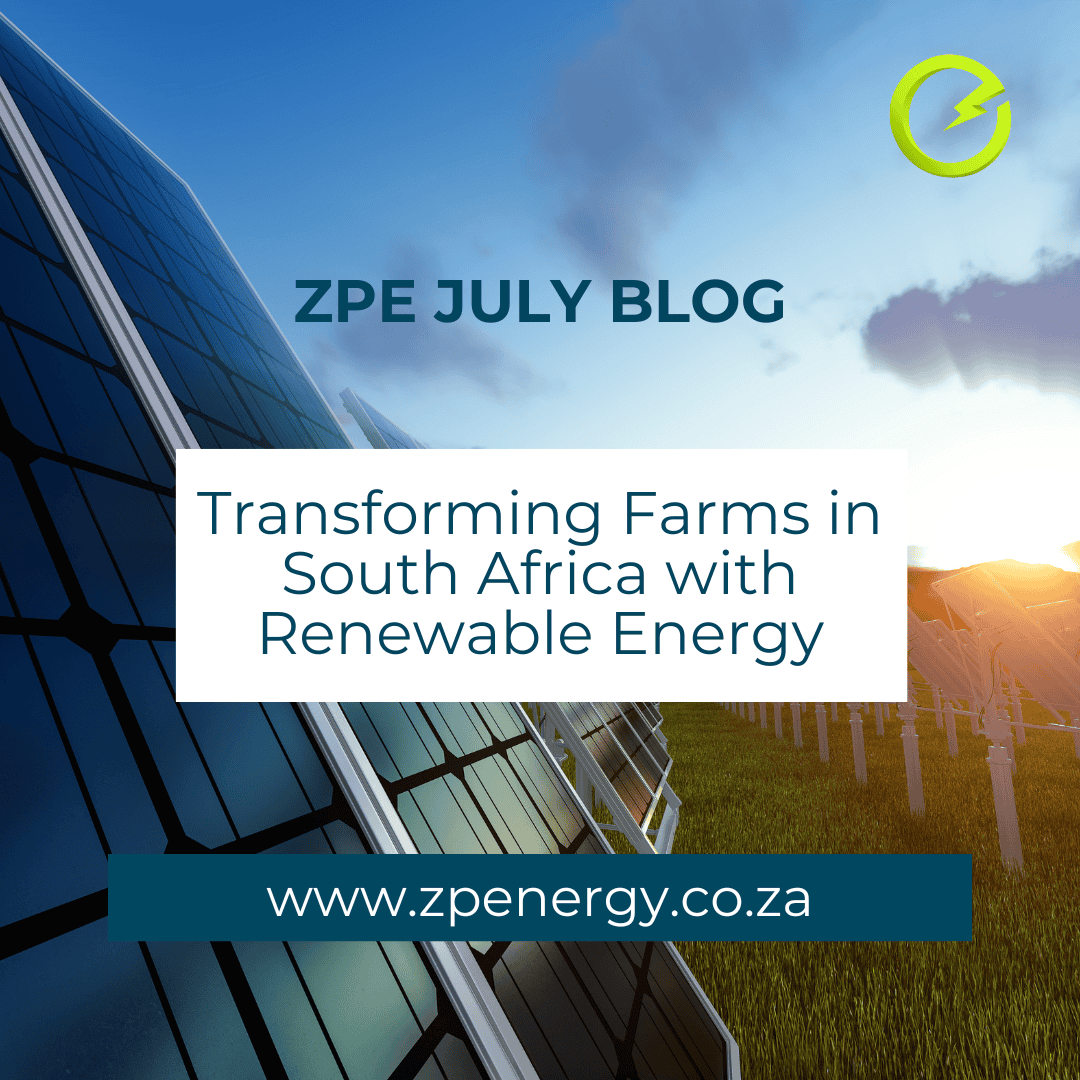
Various sources of energy are used to power the lighting, heating, gadgets, and equipment used in our homes, buildings, and industries. The sustainability of this energy is a very important consideration. It affects future generations but also has economic and environmental implications in the here and now. Energy monitoring is an effective tool with applications for domestic, commercial, and industrial energy users. Keeping track of energy usage helps to provide key data for decision-making purposes. This leads to better energy usage and efficiency.

Source: Transformers
What Is Energy Monitoring and How Is It Done?
As the name suggests, energy monitoring is about keeping track of the energy used. This is a vital precursor to many different decisions about the supply and consumption of energy in a particular setting. Energy monitoring can be performed with the aid of technology tools. This could include improved electric meters or a whole system of computer software and sensors. It is an important part of an energy management system for building managers and other decision-makers.
Depending on the application and setting, an energy monitoring system can take various forms. Two of the most important components of an energy monitoring system are the collection of the data on energy consumption and the transmission or communication of this data.
Thanks to technologies such as smart sensors, improved connectivity, and the Internet of Things (IoT), it is possible to track energy consumption much easier than ever. Smart energy meters are Wi-Fi-enabled. They collect and transmit data on energy usage. Typically, this data is sent to a cloud platform, where it can be analysed using energy monitoring software. From there, important metrics are available to users, operators, and other relevant parties via online platforms on computers or mobile devices. The great part about this type of smart-monitoring system is that it provides real-time statistics. An example of a smart meter is shown below.

Source: Digital Sentinel
Applications of Energy Monitoring
There are many applications of energy monitoring. For home use, this provides an easy-to-use visual tracker of energy consumption around the home. In the same way that personal body tracking devices display health statistics for users to improve their health, energy-monitoring apps and software provide important data on their use of energy at different times of the day and in different seasons. Users can use this information to make changes to their behaviour. Examples of this include reducing how long they plug in their appliances and delaying when they turn on their lighting. If energy bills are too high, users can investigate where the wastage is occurring and go on to monitor the effects of their changed behaviour. This is an effective way to keep track of and reduce your spending on utilities.
Having energy consumption data readily available creates an increased sense of awareness and responsibility. Energy is an important resource, but with current power generation constraints in the country, it is necessary for everyone to rethink their level of consumption. It’s also a great time to consider supplementing some of our energy needs with renewable and more sustainable sources of energy such as solar energy.
Looking now at commercial and industrial energy usage, monitoring energy consumption is important for several reasons. The mining and manufacturing sectors in South Africa are responsible for around 62% of the country’s total electricity consumption. A growing population and increased development in the country also require a bigger piece of the pie as far as electricity supply. There is an urgent need for increased power generation, sustainable alternative sources of energy, and improved efficiency in the systems already in place. Energy monitoring has a major role to play in the move towards more sustainable energy. The examples of industrial and commercial applications covered below help to illustrate how.
Energy consumption data is very important when considering alternative sources of energy. With constraints, inefficiencies, and environmental concerns associated with relying on the main supply of electricity, many people are looking to alternatives. Solar power is a favourite choice. It is readily available and doesn’t cause pollution, and this makes it very sustainable. Using solar PV also leads to significant cost savings. When deciding to switch to solar PV to provide all or part of a building’s energy requirements, sizing the equipment properly is vital to attain an accurate load profile for the site. If the solar PV and battery storage are oversized, the installation costs can impact the cost savings. If undersized, self-consumption will not be maximised. Energy consumption data can help in the design of equipment with the right sizing and configuration to provide optimal cost and energy savings.
In industrial and commercial sites, energy audits play an important role in cost-reduction, environmental conservation, and in some cases, compliance. Energy monitoring provides key data on a building’s energy usage. Decision-makers can then decide how and where to make cuts. This saves money and also reduces the site’s carbon footprint. Once the site’s energy load profiles on a daily, monthly, and seasonal basis are understood, meaningful energy benchmarks can be established and monitored. In South Africa this exercise of measurement & verification (M&V) is mandatory and must be performed by an accredited individual in order to claim Section 12L energy efficiency tax rebates. When considering major changes to improve building energy efficiency or switch to sustainable energy sources, feasibility studies are often required. Having energy consumption data ensures that the options are considered using realistic figures and estimates.

Source: PA Builders
Another example of a good use of energy monitoring is in detecting operational issues. If a particular system, such as a crucial refrigeration unit or a manufacturing setup, runs into an error or fault, the energy usage can change. When remote energy monitoring s being done in real-time, such fluctuations in an installed energy system can signal operators, other personnel, or automatic systems. It is then easy to pick up that there is an operational issue causing a slump in performance.
Energy monitoring is thus an effective part of the sustainability engineering tool-kit with applications across domestic, commercial, and industrial energy users. Keeping track of energy usage helps to provide key data for decision-making purposes. This leads to a more efficient and sustainable use of energy along the entire energy value chain.
______________________________________________________________________________
Feel free to contact us to see how best we can offer our energy monitoring & analysis expertise to help you:
+27605218388 | info@zpenergy.co.za | @zeropointSA | www.zpenergy.co.za
Zero Point Energy (Pty) Ltd is a proudly South African sustainable engineering company that provides professional engineering consulting & turn-key solutions in the areas of energy efficiency, renewable energy, off-grid and energy storage solutions, water efficiency and responsible waste management. The company is a 100% black youth-owned, 30% black female-owned EME achieving a Level 1 BBBEE Contributor status, and has a passion to transform the energy industry without compromising on safety, quality and client satisfaction. Email: info@zpenergy.co.za Web: www.zpenergy.co.za




